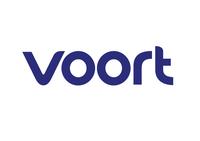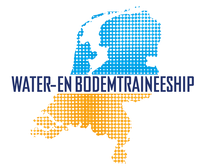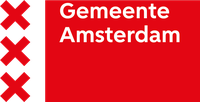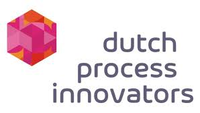Minor within UT/NL
On this webpage, more information is given on the options for a minor within the UT or elsewhere in the Netherlands.
HTHT minors
The UT is developing High Tech Human Touch solutions through research for the societal issues. HTHT minors are specially developed minors to highlight such issues and to let students experience them.
The HTHT minors related to civil engineering are 'Multifunctional Flood Defences' (given in the first quartile) and 'Smart Ways to make Smart Cities Smarter' (given in the second quartile). These are further discussed in our Bachelor curriclum webpage.
Transfer minor (pre-Master)
Students can also take a Transfer minor. This is a lot like a pre-Master and meant for students who want to do a Master’s programme at a different (thus non-CE) educational programme. If such a switch is wished for, the student naturally needs additional knowledge. The students can then follow a special-made pre-Master’s programme, where that knowledge is acquired.
Minor at another educational institute
You can also opt for a minor at a different (accredited) university within the Netherlands, such as at WUR. The UT is member of a partnership between different educational institutes in the Netherlands, called Kies op Maat. On the KoM-website, you can apply for a minor at another Dutch educational institute.
A proposal has to be written and the examination board needs to approve the minor of choice before the student may start that minor.
Regular UT minor
Besides a few special options, there is a vast selection of other 'regular' UT minors. Most of these are part of an educational programme, meaning the students will join a regular module of a different educational programme. Such a minor is typical for students who want to broaden their knowledge.
There are several of these minors that require previously gained knowledge. In the Minor-tool-of-Options it is shown what pre-knowledge is required per minor and students from what educational programmes are allowed to join. Since many of these modules also include a mathematics part (which the student already has followed in his own educational programme), there are several options to replace that part with another course. In case of overlap, the study advisor should be contacted.
Educative minor (Leren Lesgeven minor)
The Educative Minor is only available for Dutch-speaking students. It has two versions: the basis module and the full version, which is two modules long. The aim of the minor is to let the student experience teaching on Dutch high-school level. The main questions answered by doing this minor, are how to transfer knowledge, learn how to stand in front of a group with more ease and whether the teaching profession suits the student.
There is only a certain number of spots, differing per subject of specialization. After doing the full version, students get a Grade Two Teaching Qualification and the student is officially qualified to teach at certain high school levels. If a Grade One Teaching Qualification is wished for by the student, he or she can follow the Master programme SEC or EMM at the UT, or similar at a different educational institute.
Crossing Borders minor
The Crossing Border minor is grounded on the belief that the most important issues for ensuring a sustainable future are cross-disciplinary, including their prerequisites. The minor aims to let the student gain experience by going abroad for a field study, a study tour or by working from the Netherlands with international partners. Due to a maximal number of participants, a selection route is to be taken.
There are several possible paths through this minor. A field study will however always take place. During this field study, the student will address a problem from the international grand challenges in combination with globalization processes, such as the food shortages coming with a rising world population and the role of energy security in downplaying political tensions.
Additional courses
Lastly, by exception it often is possible to fill missing ECs in your minor space with additional, seperate courses such as PiE or TRIZ. This is on case per case basis. You should contact the study advisor if you think this is applicable in your case.


















